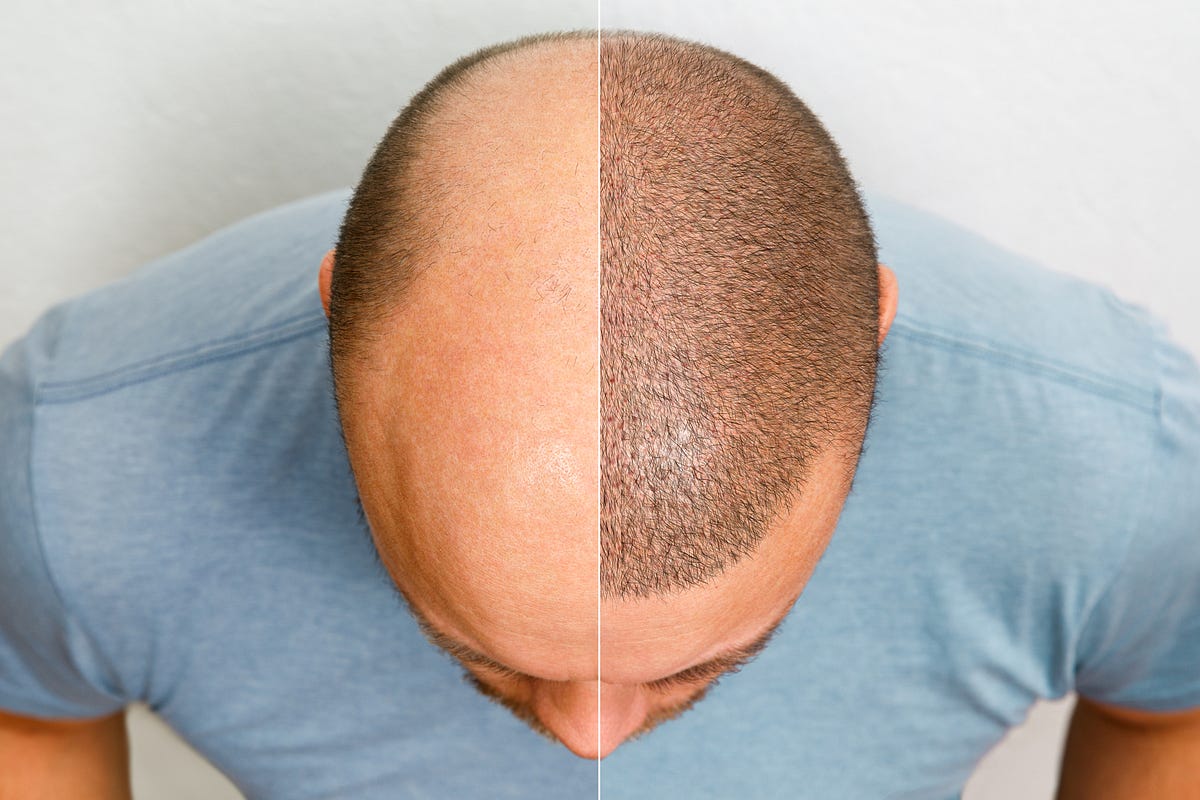Optimal aftercare is paramount for the success of a hair transplant in Riyadh, ensuring graft survival and promoting healthy hair growth. The arid climate of Riyadh necessitates specific considerations to protect the delicate grafts and minimize complications. Here's a comprehensive guide to the best aftercare practices:

1. Gentle Cleansing and Scalp Hygiene:
- Initial Days: For the first few days, avoid touching or washing the transplanted area. Your surgeon will provide specific instructions on how to gently clean the scalp, often using a saline solution or a very mild shampoo.
- Gradual Washing: As healing progresses, gradually introduce gentle washing with a recommended shampoo. Avoid harsh scrubbing or rubbing.
- Avoid Hot Water: Use lukewarm or cool water to wash your hair, as hot water can irritate the scalp and damage the grafts.
- Pat Dry: After washing, gently pat the scalp dry with a soft, clean towel. Avoid rubbing or vigorous drying.
2. Medication and Topical Treatments:
- Pain Management: Your surgeon may prescribe pain medication to manage discomfort in the initial days.
- Antibiotics: Antibiotics may be prescribed to prevent infection.
- Anti-inflammatory Medications: These can help reduce swelling and inflammation.
- Topical Solutions: Your surgeon may recommend topical solutions, such as minoxidil or other growth stimulants, to promote healing and hair growth.
- PRP Therapy: Some clinics may recommend Platelet-Rich Plasma (PRP) therapy to enhance healing and stimulate follicle growth.
3. Sun Protection and Environmental Considerations:
- Avoid Direct Sun Exposure: The intense sun in Riyadh can damage the delicate grafts. Wear a loose-fitting hat or use sunscreen recommended by your surgeon when outdoors.
- Hydration: Drink plenty of water to stay hydrated, as the dry climate can dehydrate the scalp.
- Avoid Dust and Pollutants: Protect your scalp from dust and pollutants, which can irritate the healing area.
- Humidity: The dry air of Riyadh can dry out the scalp. Your doctor might suggest using a humidifier in your home.
4. Avoiding Strenuous Activities and Exercise:
- Rest and Recovery: Avoid strenuous activities and exercise for at least a week or as directed by your surgeon.
- Sweating: Excessive sweating can irritate the scalp and increase the risk of infection.
- Physical Exertion: Physical exertion can increase blood flow to the scalp, potentially dislodging grafts.
5. Sleep and Positioning:
- Elevated Head: Sleep with your head elevated on pillows to reduce swelling.
- Avoid Contact: Avoid contact between the transplanted area and pillows or other surfaces.
- Neck Pillows: Neck pillows can provide added support and prevent accidental contact.
6. Follow-Up Appointments and Communication:
- Regular Check-ups: Attend all scheduled follow-up appointments with your surgeon to monitor healing and address any concerns.
- Communication: Maintain open communication with your surgeon's clinic, reporting any unusual symptoms or complications.
- Patience: Be patient, as it can take several months to see the full results of your hair transplant.
7. Nutritional Support:
- Balanced Diet: Consume a healthy, balanced diet rich in vitamins and minerals to support hair growth.
- Protein Intake: Ensure adequate protein intake, as hair follicles are primarily made of protein.
- Vitamin Supplements: Your surgeon may recommend vitamin supplements, such as biotin or zinc, to promote hair growth.
By adhering to these aftercare guidelines, individuals undergoing hair transplants in Riyadh can significantly improve their chances of achieving successful and natural-looking results.




Comments